Learning on the front line of the climate crisis: Green solutions to education poverty in Peru
Part of ‘Their fight is our fight’: The Independent’s series revealing hope and despair on the front line of the climate crisis
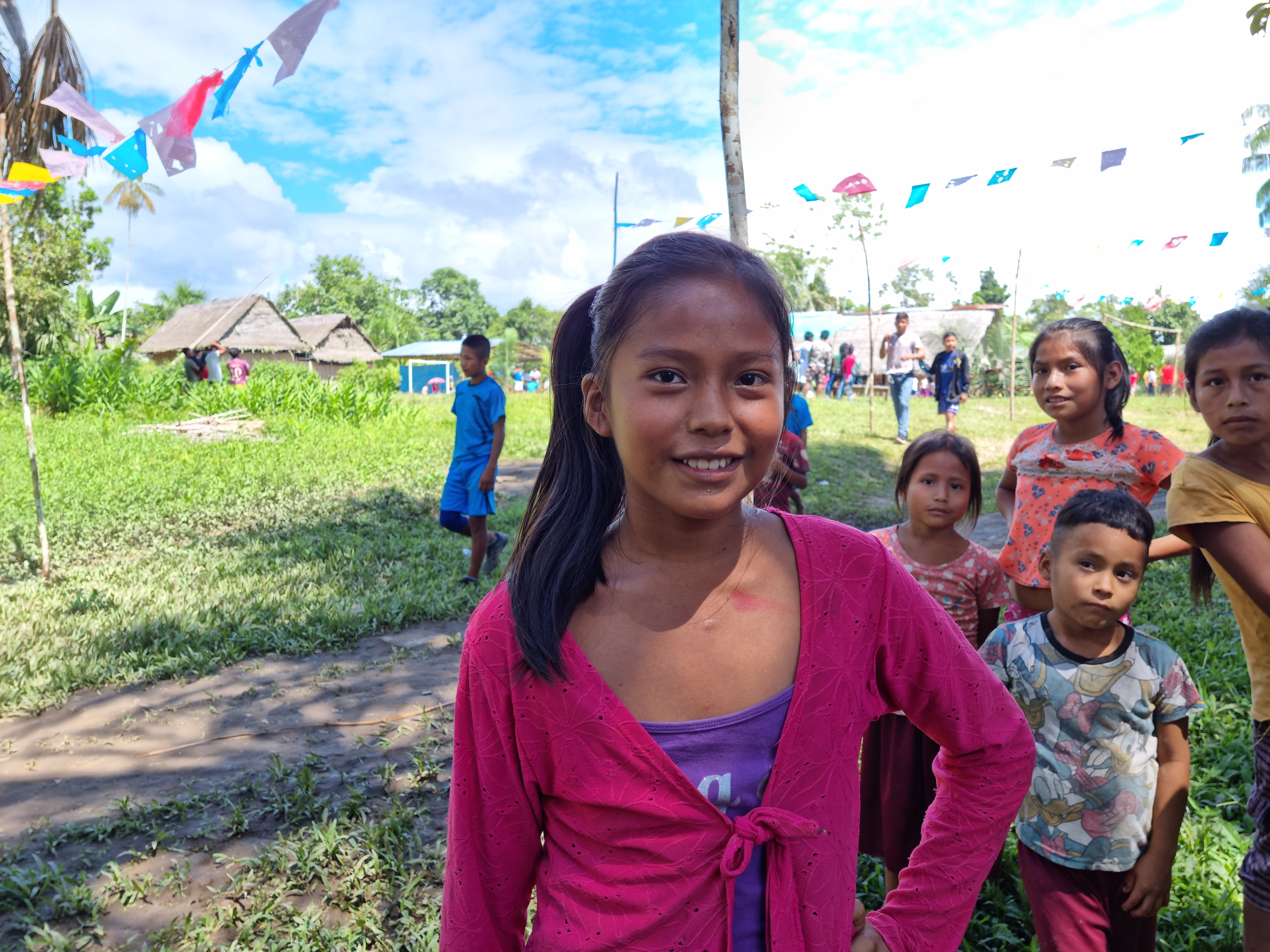
The village of San Rafael in Peru’s Amazon basin adds new meaning to the word “remote”.
To get there from the nearest city, Bagua, you need to take a hair-raising six-hour 4x4 journey through the jungle to the town of Santa Maria de Nieva. Then it’s a four-hour boat journey along the Maranon, a tributary of the Amazon.
Its isolation is a double-edged sword. The village is surrounded by jaw-dropping natural beauty, but access to basic amenities such as water and electricity is almost non-existent.
Also in short supply is education provision. With barely any power or IT equipment, kids in San Rafael could not access the Peruvian government’s TV, radio and internet education programme when the school was forced to close during the Covid pandemic.
Schoolchildren throughout the country had to stay at home while Peru suffered the highest Covid death rate per head of population worldwide, with 3.6 million cases and more than 213,000 deaths among a population of just 33 million.
But, for the 97 kids and five teachers in San Rafael, the pandemic brought more challenges to an already complex situation.
Warwickshire-based charity Practical Action, in partnership with Peru’s ministry of education and local authorities, is helping to improve rural education in the country.
In places this far off the grid, it’s not an easy task – but with the close participation of the community and teachers, the charity is working to introduce resources such as renewable energy, access to clean water, and school vegetable gardens.
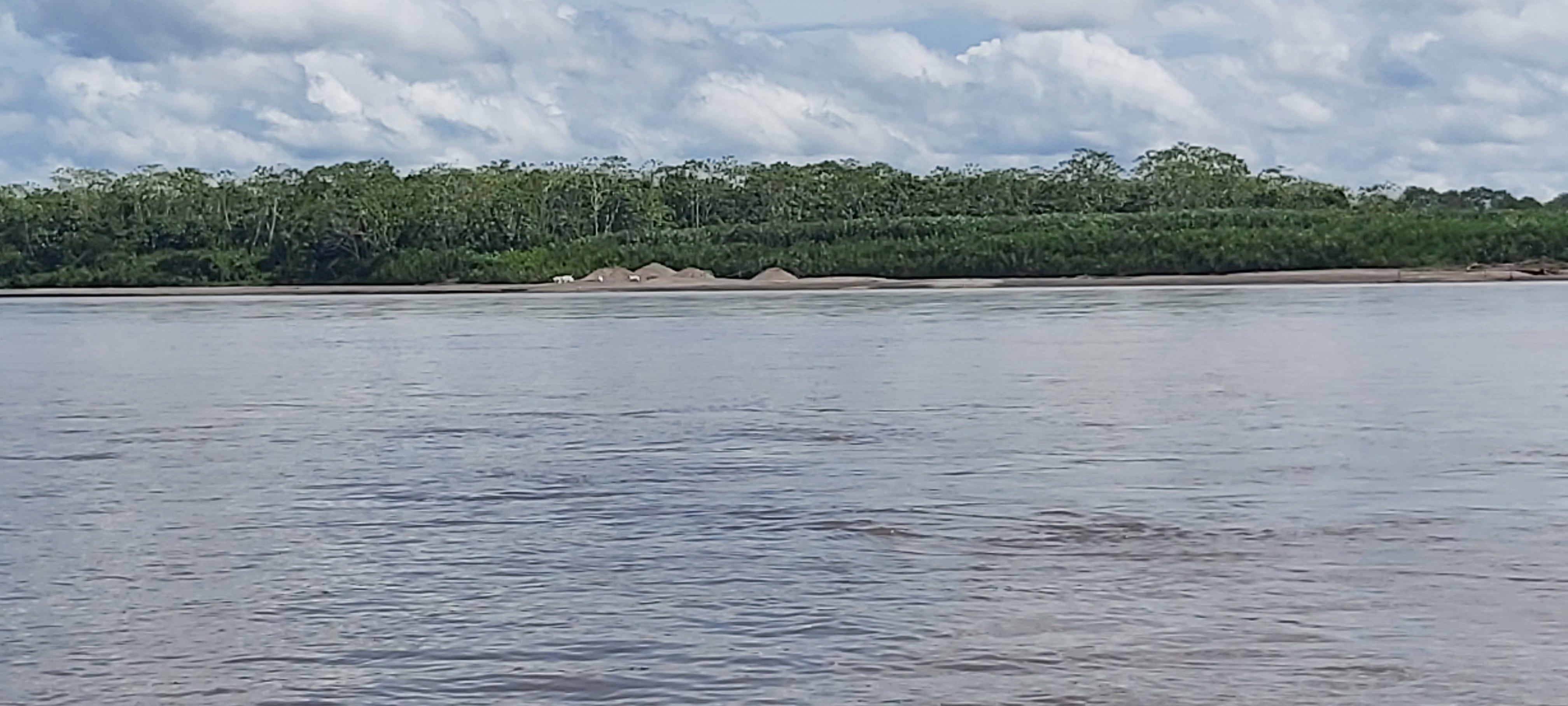
Teachers say kids in San Rafael have dreams that match their potential, but a solid education is vital to unlocking it – particularly because of the climate crisis the next generation will face.
Protecting the land is one of the biggest worries for the region of Rio Santiago. Illegal mining and logging pollute clean water sources, and logging leaves them far more exposed to the harshest effects of climate change.
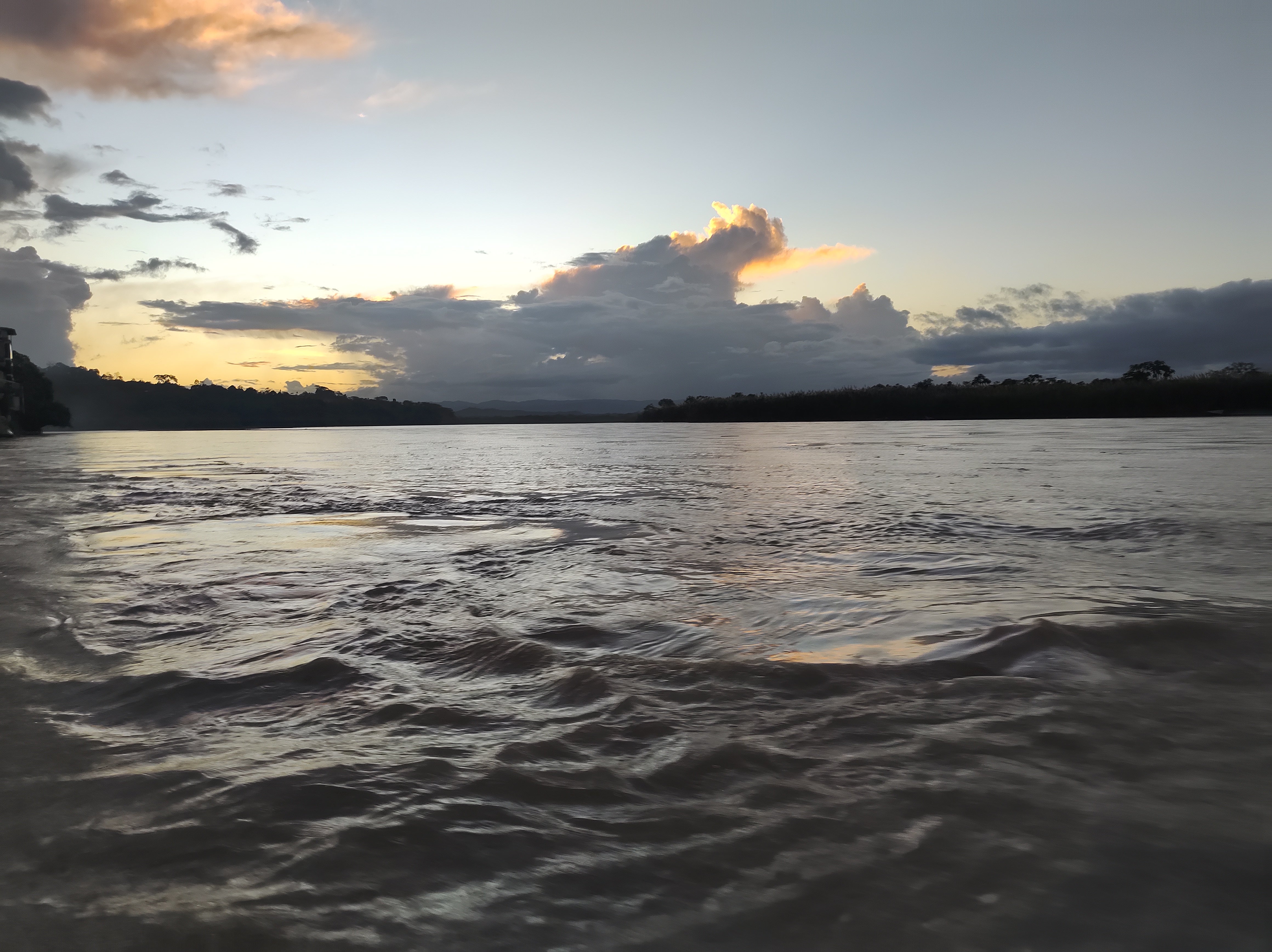
Headteacher Ricardo Fuchia Valverde said: “People don’t have reliable incomes, so they log the trees or work in mining. You can see the big machines working on the river, which is a risk.
“Mercury is used in gold extraction, and if they are not careful it can go into the water and be dangerous for children and their families. It’s forbidden, but people do it out of necessity.”
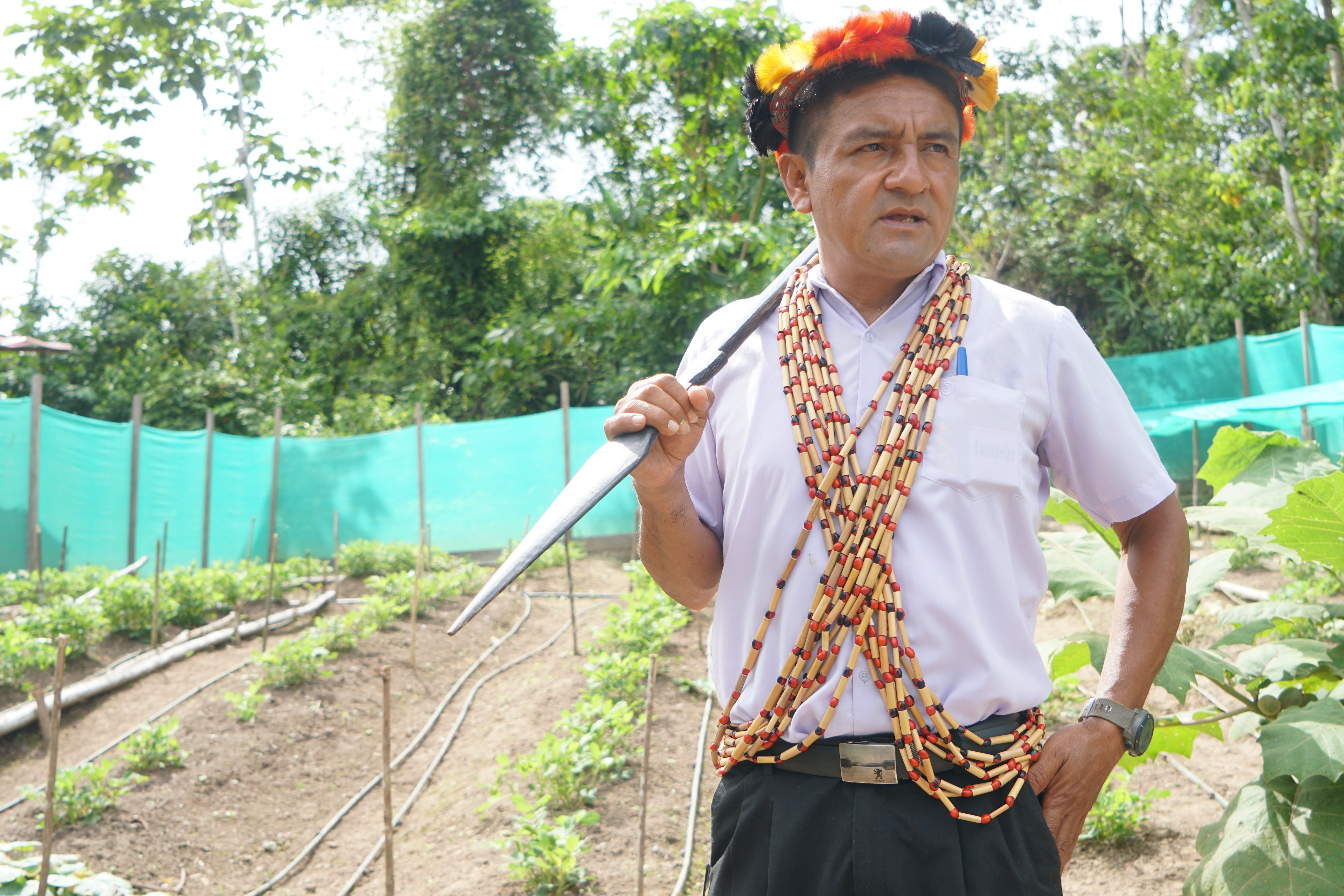
Martin Noningo Seses, director of education for the local authority, works in an office just metres from the river.
He said: “We are losing virgin forests, replacing big wood trees with other crops, which exposes us to flooding and intense rains. Education is crucial to living in harmony with the environment – nature gives us life.
“We can use nature’s resources, but we must do it responsibly. We want a clean river, with clean water. Right now, we don’t have water. This is the region’s capital city, and we don’t have water.
“The river is no longer what it used to be. It’s contaminated and children get ill. We have to import water from several miles away.”
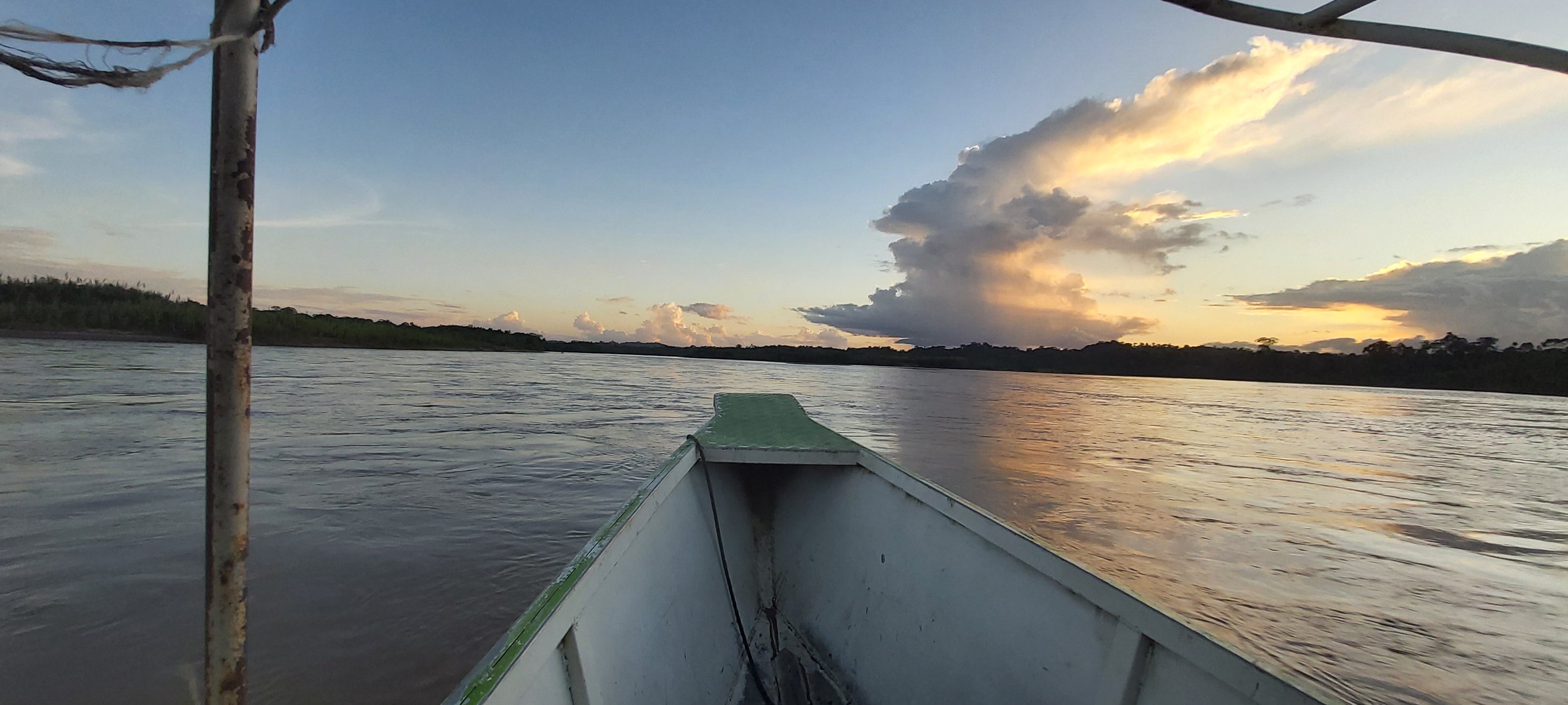
But as challenges arise, the teachers, parents and children work to overcome them.
Nila Impi Wachapa, a teacher, says having an improved school with energy, water, and a better diet will allow the kids to fulfil their potential and access the same opportunities pupils in less-remote communities have.
“We work with what we have. We don’t feel bad or less for it, but we want our kids to be what they want to be, access all the available knowledge, and compete fairly with city kids.”
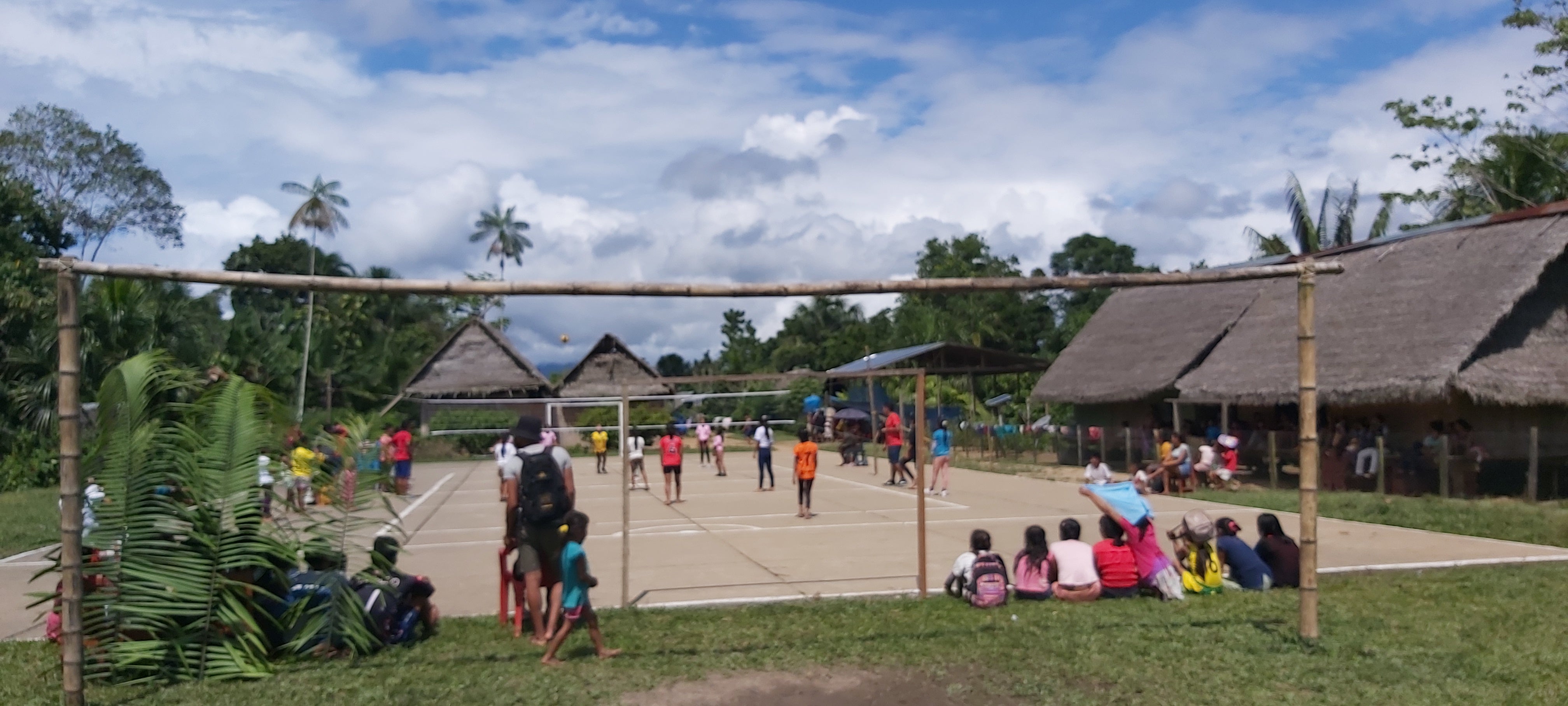
Tiberio Nanchi Sumpa, San Rafael’s apu (community leader), added: “This is one of many schools forgotten by the state. Now the children can have a better future.”
Estrella Yasmin Kuja Wachapa, a 13-year-old pupil, is most looking forward to working on tablets, soon to be available with improved energy and internet connectivity, and learning English so she can travel the world.
“It’s really exciting. I want to study to become a nurse. I like to take care of people and help them when they are sick.”
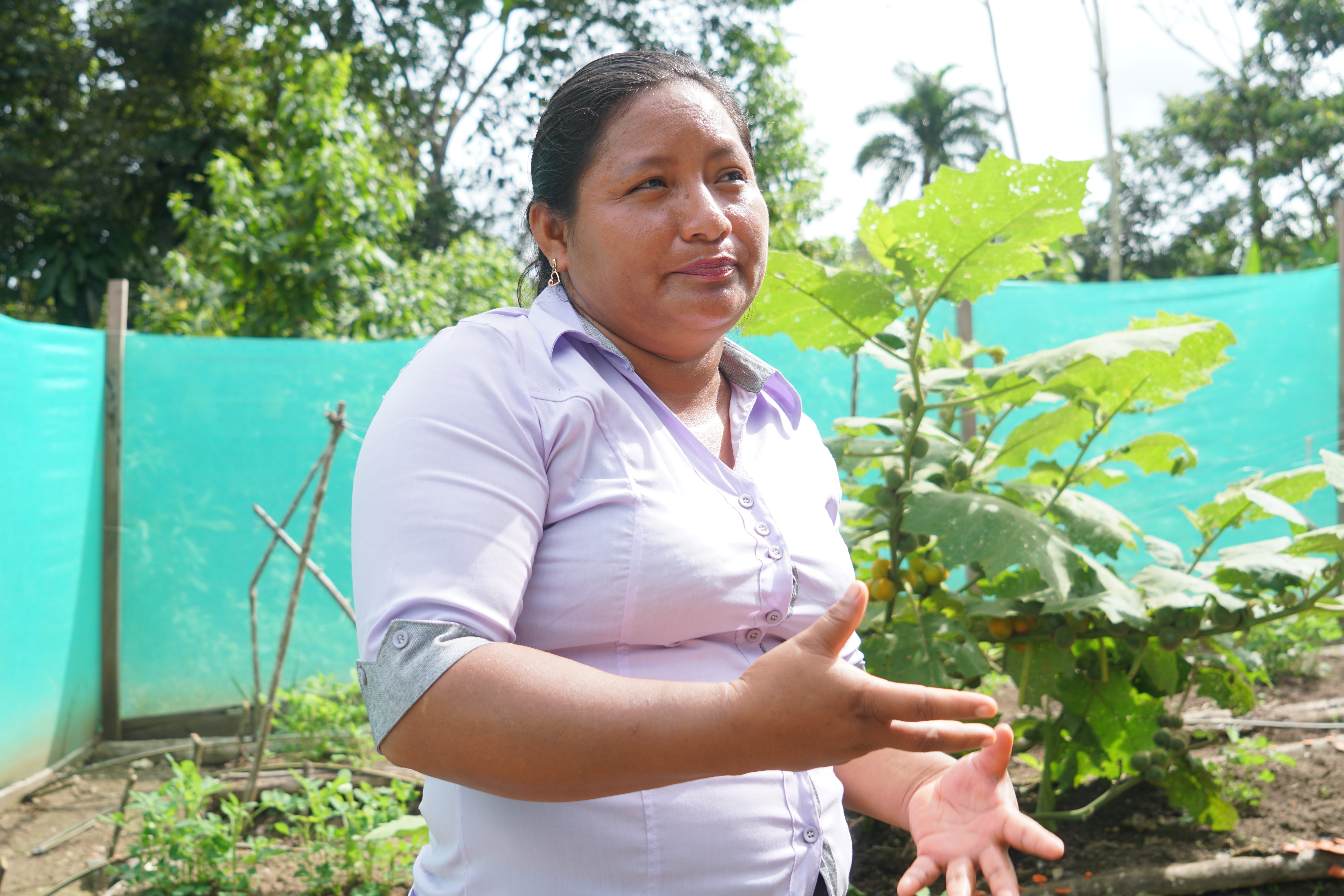
To boost nutrition, Practical Action has helped set up a nursery, where pupils learn agricultural techniques and how to grow diverse crops such as cucumber, Amazonian fruits and other greens to complement their daily diet. Previously, children were mainly eating yucca. Now they can go home and show their parents how to farm more effectively.
“Kids were so hungry they were falling asleep when they arrived. They tried to last until 11am, and then they dropped off. Before, they had no will to study. Now, they come with an eagerness to be here,” Mr Valverde said.
A spokesperson for Practical Action said: “This work demonstrates the value of having access to water, electricity, tablets and digital educational materials in the native language at rural schools so that all children in Peru can have a better life today and in the future.”
Join our commenting forum
Join thought-provoking conversations, follow other Independent readers and see their replies
Comments


Bookmark popover
Removed from bookmarks